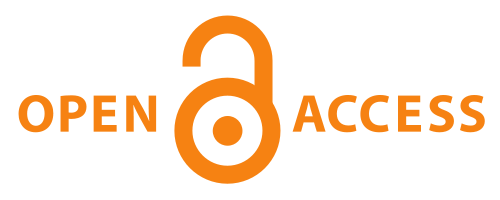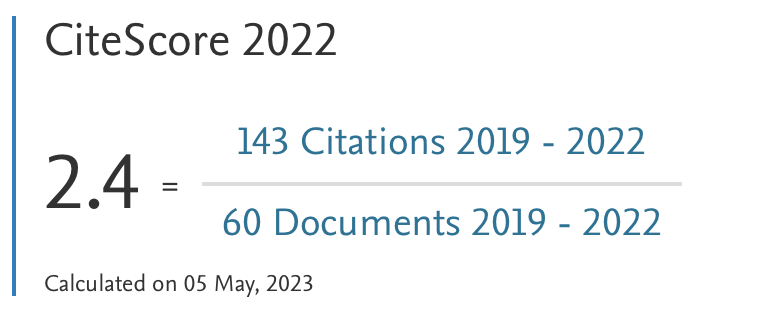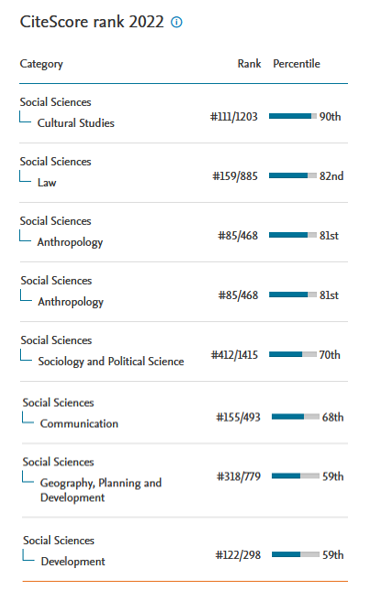Combating SARS and H1N1: Insights and Lessons From Singapore’s Public Health Control Measures
DOI:
https://doi.org/10.14764/10.ASEAS-5.1-5Keywords:
SARS, H1N1, Public Health Control Measures, Infectious Disease, SingaporeAbstract
Combating the outbreak of infectious diseases is a major public health imperative for the small island-state of Singapore. In this paper we discuss and assess the public health measures taken by the Singaporean government to combat the outbreak of SARS in 2003 and H1N1 in 2009. Most notably, the state introduced a clear line of command and control to monitor the eff ectiveness and effi cacy of public health control measures as well as to oversee their implementation. Meanwhile, it has also employed moral suasion to ensure compliance with draconian health control measures by the population. At the same time, the Singapore government also established a close partnership with the population to ensure the acquiescence of the general public to these measures. Finally, this paper draws on the insights and lessons learned from the two outbreaks to develop a conceptual model for pandemic management.
Downloads
Published
Issue
Section
License
Copyright (c) 2015 SEAS – the Society of South-East Asian Studies

This work is licensed under a Creative Commons Attribution-NonCommercial-NoDerivatives 3.0 Unported License.
For all articles published in ASEAS before December 2014 and after July 2022, copyright is retained by the authors. For articles published between January 2015 and June 2022, the Society for South-East Asian Studies (SEAS) is the copyright holder. Articles published in ASEAS before December 2019 are licensed under the following Creative Commons License: Attribution-NonCommercial-NoDerivs 3.0 Unported. Articles published after that date are licensed under the following Creative Commons License: Attribution-NonCommercial-NoDerivs 4.0 International. In both cases, this means that everybody is free to share (to copy, to distribute, and to transmit the work) under the following conditions:
-
Attribution — You must give appropriate credit, provide a link to the license, and indicate if changes were made. You may do so in any reasonable manner, but not in any way that suggests the licensor endorses you or your use.
-
NonCommercial — You may not use the material for commercial purposes.
-
NoDerivatives — If you remix, transform, or build upon the material, you may not distribute the modified material.







